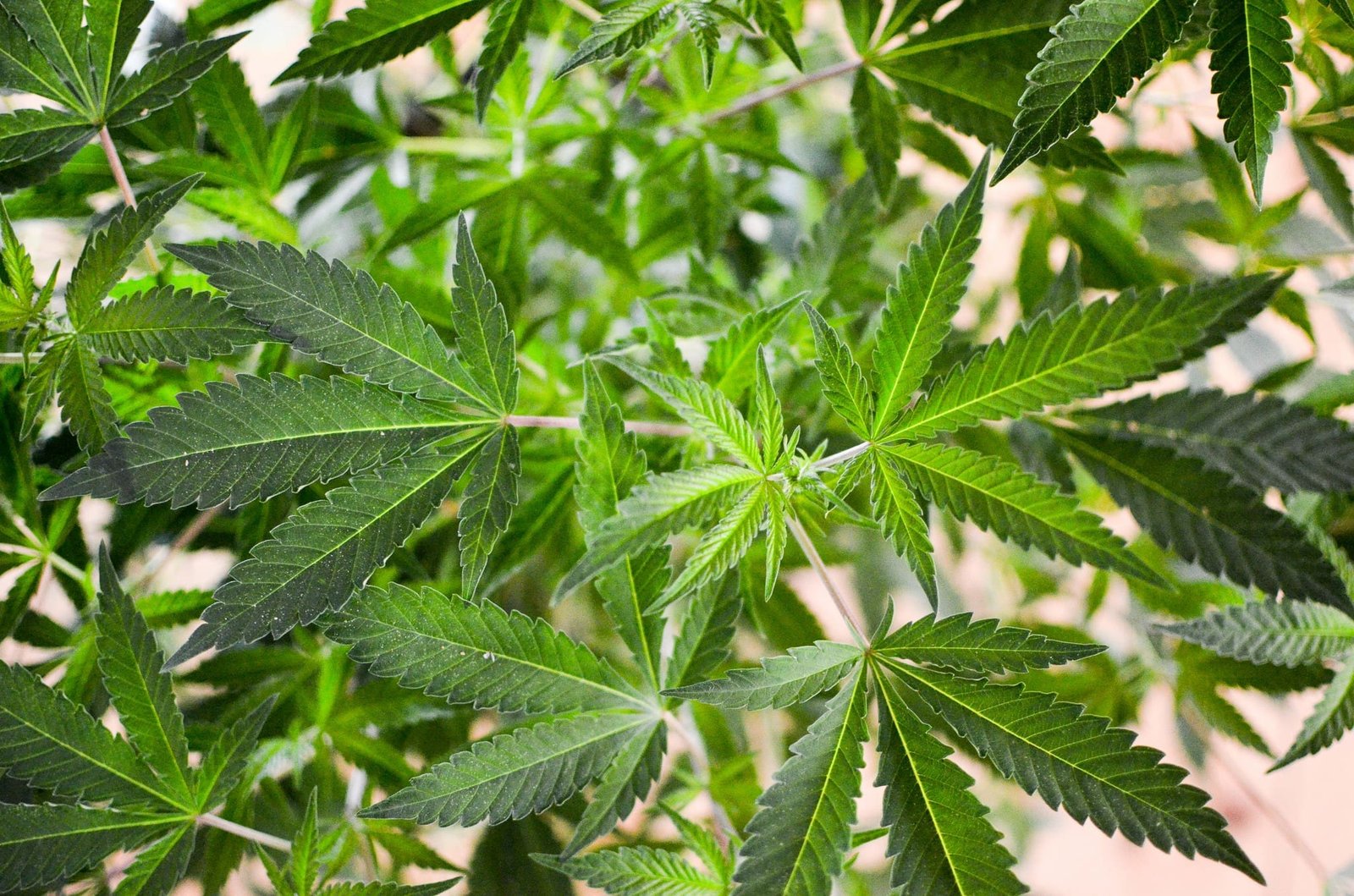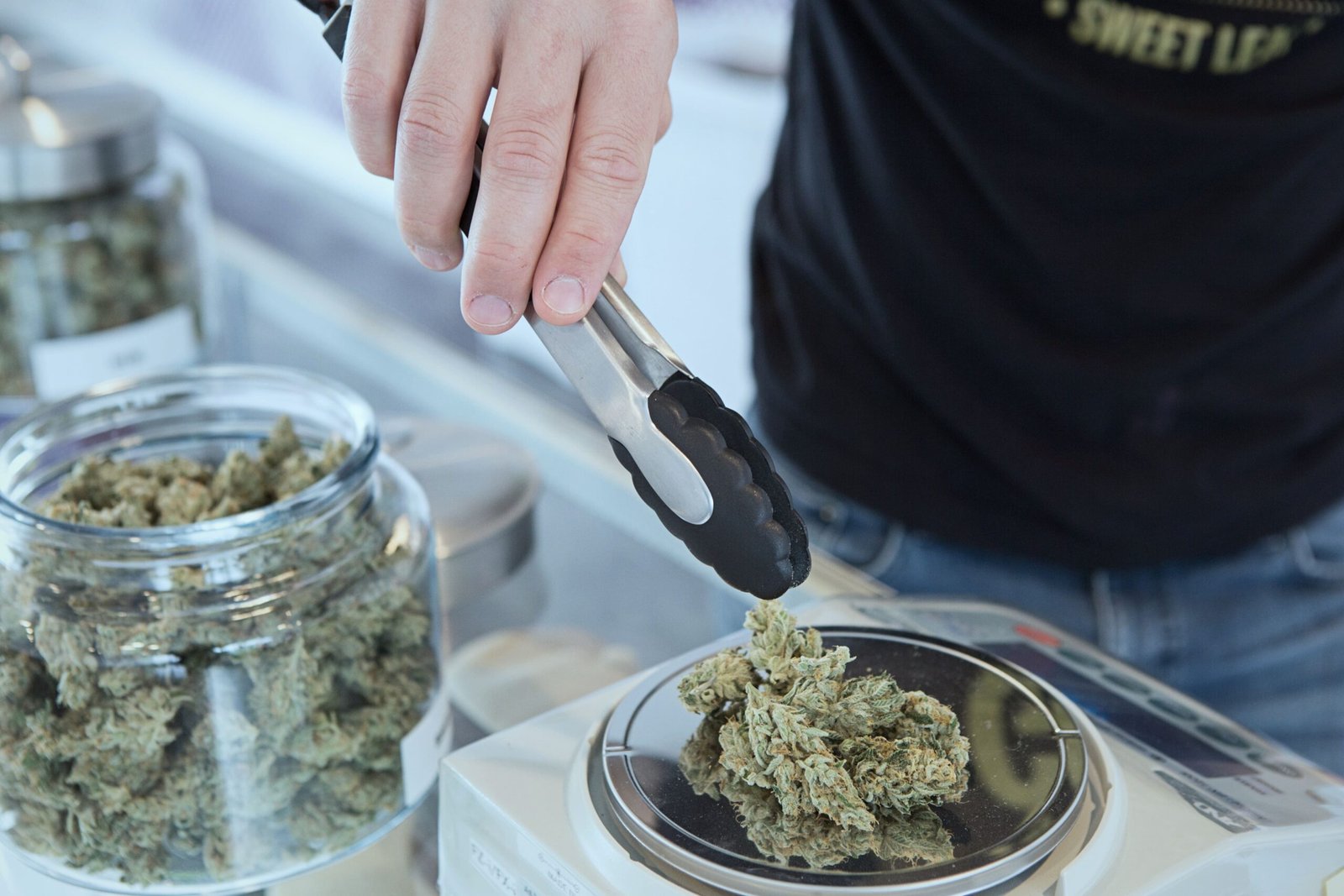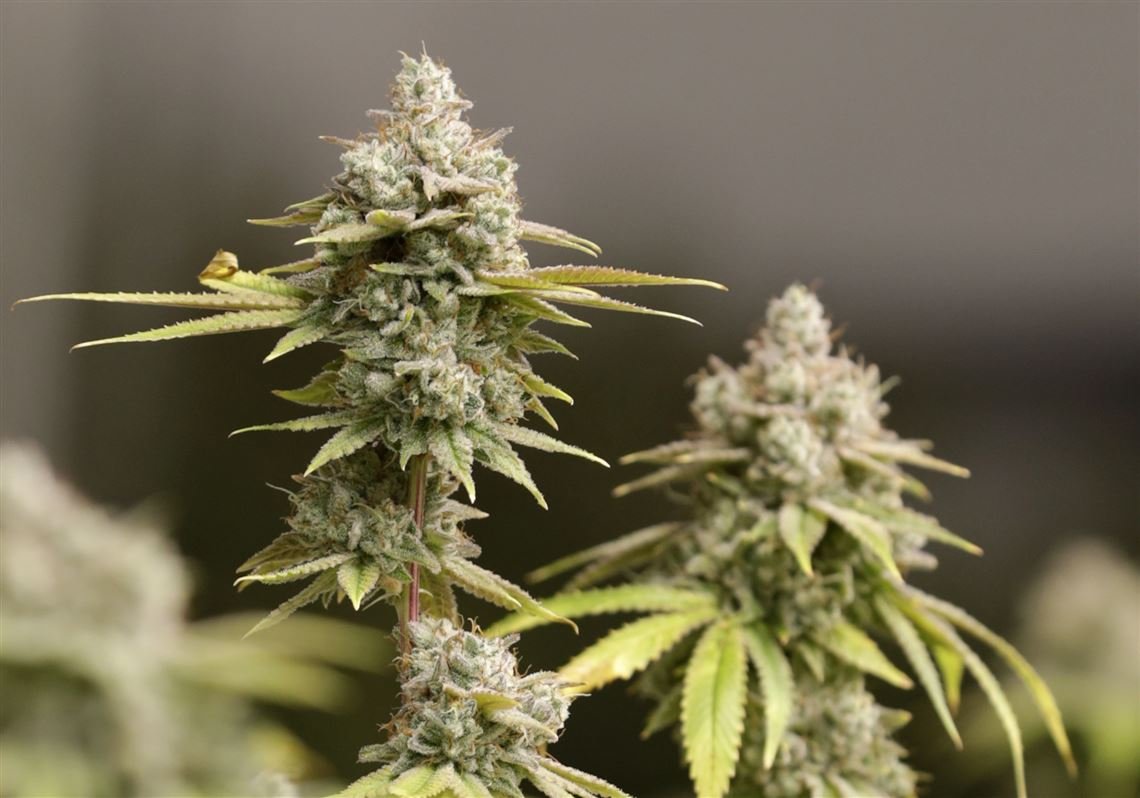Missouri hemp stakeholders are mobilizing to place an initiative on the state’s 2026 ballot aimed at unifying regulations for marijuana and hemp. This initiative seeks to create equal treatment for both sectors, which currently operate under distinct and often conflicting rules.
A prominent marijuana trade association opposes the initiative, arguing that it would effectively repeal existing voter-approved cannabis laws. These laws, passed in 2022, enshrined regulations in the state Constitution, limiting lawmakers’ ability to modify them without a new vote.
Eapen Thampy, a lobbyist for the cannabis company American Shaman, asserts that the current regulations impose excessive burdens on the marijuana industry. He contends that the proposed initiative would allow the legislature to establish regulatory frameworks that are more adaptable and reflective of industry needs. “The job of statutory law is to handle regulation of the private sector,” Thampy stated during a recent briefing.
The initiative is being organized under the banner of a newly formed political committee, Missourians for a Single Market. Thampy and other stakeholders believe that a unified regulatory framework would align the treatment of cannabis and hemp with how the state regulates alcohol and tobacco, thus offering a more equitable environment for both industries.
Thampy explained, “We’ve got this artificial legal construct called ‘marijuana’ and this artificial legal construct called ‘hemp.’ These two legal creations represent one plant. The idea here is that there should be one unified market with one set of regulations.”
Steve DeAngelo, an established advocate for cannabis legalization, also supports the initiative. He emphasized the importance of including all segments of the cannabis market, including those who operated before legalization. By lowering barriers to entry, he believes that it would allow more legacy operators to participate legally.
While some industry members see potential in the initiative, not everyone agrees. Andrew Mullins, executive director of MoCannTrade, argues that Missouri’s regulated marijuana industry generated $241 million in state and local tax revenues last year. He believes that the proposed changes would undermine the success of the existing framework, which has been well-received by voters and the community. Mullins characterized the initiative as a threat to the substantial revenue that supports local communities, veterans, and justice system reforms.
Mullins stated, “Missourians aren’t about to take hundreds of millions away from local communities in hopes that politicians will eventually replace it with something down the road.”
Simultaneously, Missouri’s hemp market faces scrutiny as officials crack down on businesses selling intoxicating cannabis products outside the regulated marijuana program. Recent actions by Missouri Attorney General Andrew Bailey include cease-and-desist orders targeting businesses that sell products containing THCA, which could lead to legal consequences for non-compliance.
Lawmakers are exploring various approaches to clarify regulations about what kinds of products can be sold and what THC levels will be permitted. Although legislation to allow low-dose intoxicating hemp beverages to be sold in grocery and liquor stores received initial support, it did not pass into law earlier this year.
The proposed initiative is currently being drafted by an unnamed law firm, with plans to file it by August for inclusion on the November 2026 ballot. Stakeholders aim to create a more coherent regulatory environment for both the marijuana and hemp industries, fostering fair competition and compliance across the board.



